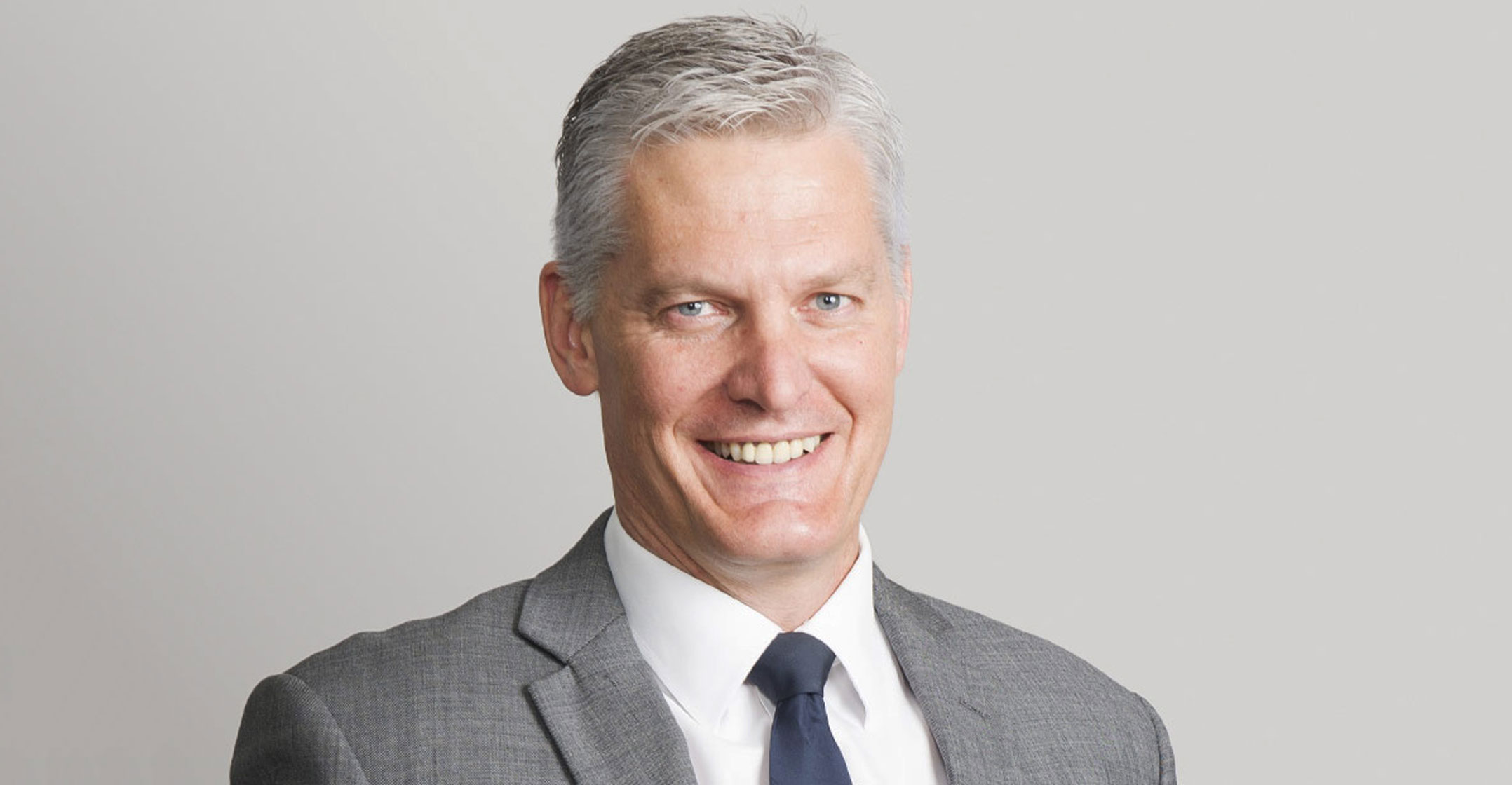
André de Ruyter, the next CEO of embattled Eskom, has experience trying to turn around struggling companies.
He will move to the state-owned utility after almost six years in charge of bottle and beverage-can maker Nampak, where he’s had to overcome economic downturns in key markets including South Africa and Zimbabwe while struggling to export foreign exchange revenue from Nigeria and Angola, which suffered from a collapsing oil price.
Before that, De Ruyter ran South Africa operations at energy producer Sasol — the country’s biggest company by sales. The 51-year-old English, psychology and law graduate rose through the ranks there without a background in engineering, oil or chemicals, and also helped expand the business into international markets such as North America.
While none of that includes positions at an electricity provider or roles that answer to government ministers, De Ruyter worked on a 2017 report on how to reduce unemployment in South Africa — including a proposal to separate Eskom units such as the transmission business. That has now been adopted and is in current rescue plans for the company.
“He has a very in-depth understanding of the utility and what needs to be done to fix it,” said Philippa Rodseth, executive director of the Johannesburg-based Manufacturing Circle, an industry body that compiled the report called “Map to a Million New Jobs in a Decade”.
“He has an ability to understand the bigger picture, but he also pays a huge amount of attention to detail,” she said. “He’s very committed and believes getting growth in the economy is very important.”
Far greater task
Yet the task of leading Eskom will be far greater than writing an analysis on how to fix the company. The utility is languishing under R450-billion of debt, is estimated to be about 66% overstaffed and is struggling to keep the lights on. De Ruyter also needs support from the government, fellow management, workers and creditors, according to Martin Kingston, executive chairman of Rothschild & Co’s South African unit, who has known and worked with the new CEO since he was at Sasol.
“I think he’s a highly astute, and a very capable and competent manager,” said Kingston, who is also vice president of the country’s main business lobby. “He hasn’t grown up in the system, which can compromise people’s independence.”
Nampak’s shares have slumped about 80% under De Ruyter’s watch, compared to a 6.8% decline on the FTSE/JSE Africa Industrials Index, which includes firms in sectors such as construction and logistics.
Yet that single performance indicator doesn’t tell the whole story. The company’s balance sheet has held up in trying circumstances, with the 2018 ratio of short-term assets to liabilities at the highest in at least four years. The CEO also disposed of lower-margin paper businesses and its South African glass operations, while cutting jobs to reflect the tougher market.
“I know there have been comments about the fact that he’s a non-engineer, but I think the period Eskom is in at the moment is one that needs more strategic guidance,” said Ayanda Mngadi, chairwoman of the Manufacturing Circle, where De Ruyter is still a director.
“I’ve dealt with him in instances where he didn’t have the luxury of time,” she said. “I do believe he’s decisive and that’s what you are going to need.” — Reported by Janice Kew, Paul Burkhardt and Vernon Wessels, with assistance from Joe Easton and Loni Prinsloo, (c) 2019 Bloomberg LP




